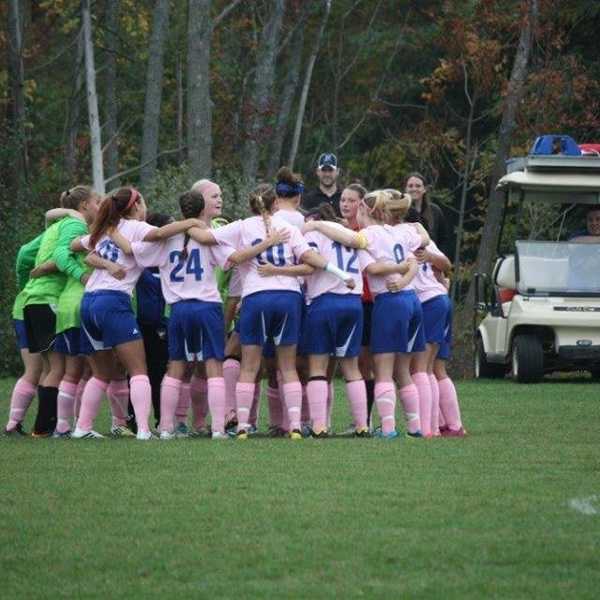It is March and with it comes madness, and with that madness comes the exhausting debate on whether or not college athletes should get paid.
Either side has validity to its claim, and either side has many notable and influential sources of support. On one hand, student athletes are students first and foremost, therefore the scholarships awarded to many student athletes should, hypothetically, be more than valuable enough to serve as compensation for the efforts put on a team. On the other hand, student athletes, especially those in famous football and basketball programs, bring millions of dollars into the schools that they represent; it would make sense that the individuals effectively bringing in that revenue should see some of the pay.
Every year I get an earful of both arguments, and every ear I can’t help but to think that there are simply more than two sides to this discussion. Sure, you could argue for or against player compensation or, like me, you could wonder why such a large emphasis is placed on the extracurricular activities in which students partake at an institution of education.
The simple answer to my question of “why” is an obvious one: market. College basketball and college football aren’t merely monstrous revenue makers, they are a widespread factor of American culture which, in turn, allows the games and the sport to thrive on an extremely high demand. Through this perspective, it is easy to understand why many would like to see players earn monetary compensation for their million-dollar efforts. I would argue, however, that the real discussion needs to be had a step behind that question; that discussion should be about a fundamental problem in American institutions of higher education, wherein sports teams are valued to a higher extent than the actual academic programs.
Colleges and their students should be primarily focused on education. The argument can be made that, for those that take the NCAA name into professional leagues such as the NBA and NFL, their time at the institution was just as legitimate and healthy for their future as that of any traditional student. For those that do make it into a professional league, this might be true, but the amount of players that go from a collegiate level into the NFL or the NBA is so miniscule that this argument is simply unreasonable for the vast majority of the situation in question. The unfortunate reality is practically an antithesis to the idea of college as a means to further one’s future. Many student-athletes are so engulfed in the latter part of their title that the former is nearly entirely neglected. Not only do many of these individuals lack the time needed to study and learn the material for their supposed major, many of their classes aren’t legitimate, and even if they are, many of the grades representing those classes are fabricated--just look at UNC's 18 years of "paper classes" used to push student-athletes through "college."
Of course, this is not the case for all student-athletes, but in the context of big-name basketball and football programs, it seems to be a pretty common one. If the commitment to a team really is so much that the academic part of college becomes secondary, then the influence of these extracurricular activities undermine the entire purpose of the education system. Not only would the majority of these athletes finish their four years of college without any significant academic base off of which to explore the rest of their lives (as Mary Willingham discovered, some unable to even read or write), the fact that they receive actual degrees at the end of this four-year pseudo-academia sort of dilutes the legitimacy of degrees earned through actual study and academic devotion.
While there are certainly student-athletes that are legitimately committed to their education, the very fact that that has to be clarified should be automatically indicative of a problem. At the end of the day, colleges are schools, meant to prepare students for the rest of their lives, to secure their futures, and providing a bogus four years of fake classes as an excuse to get some kids into their uniforms doesn’t just hurt young futures, it undermines the entire system of education.





















